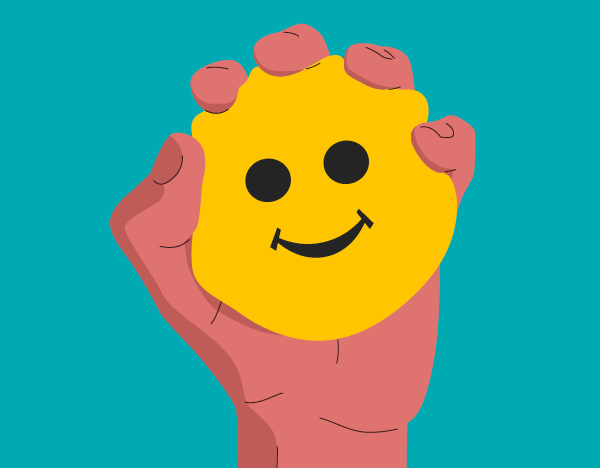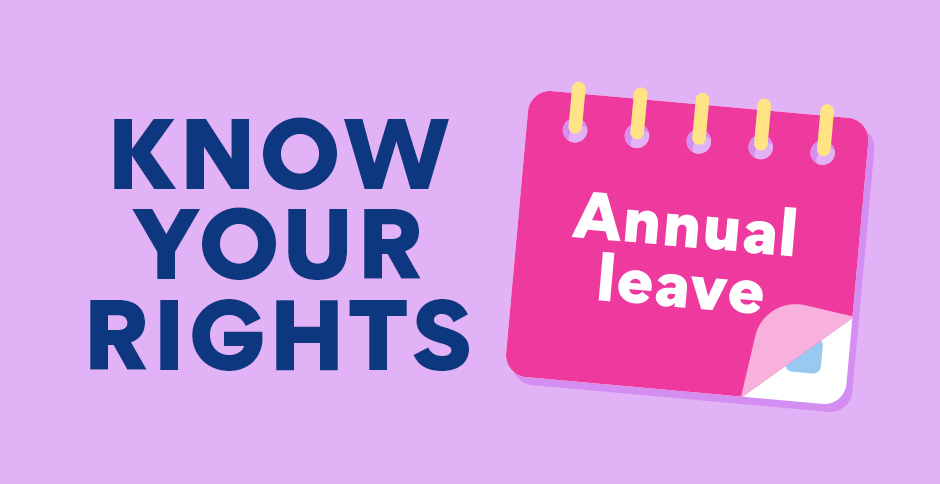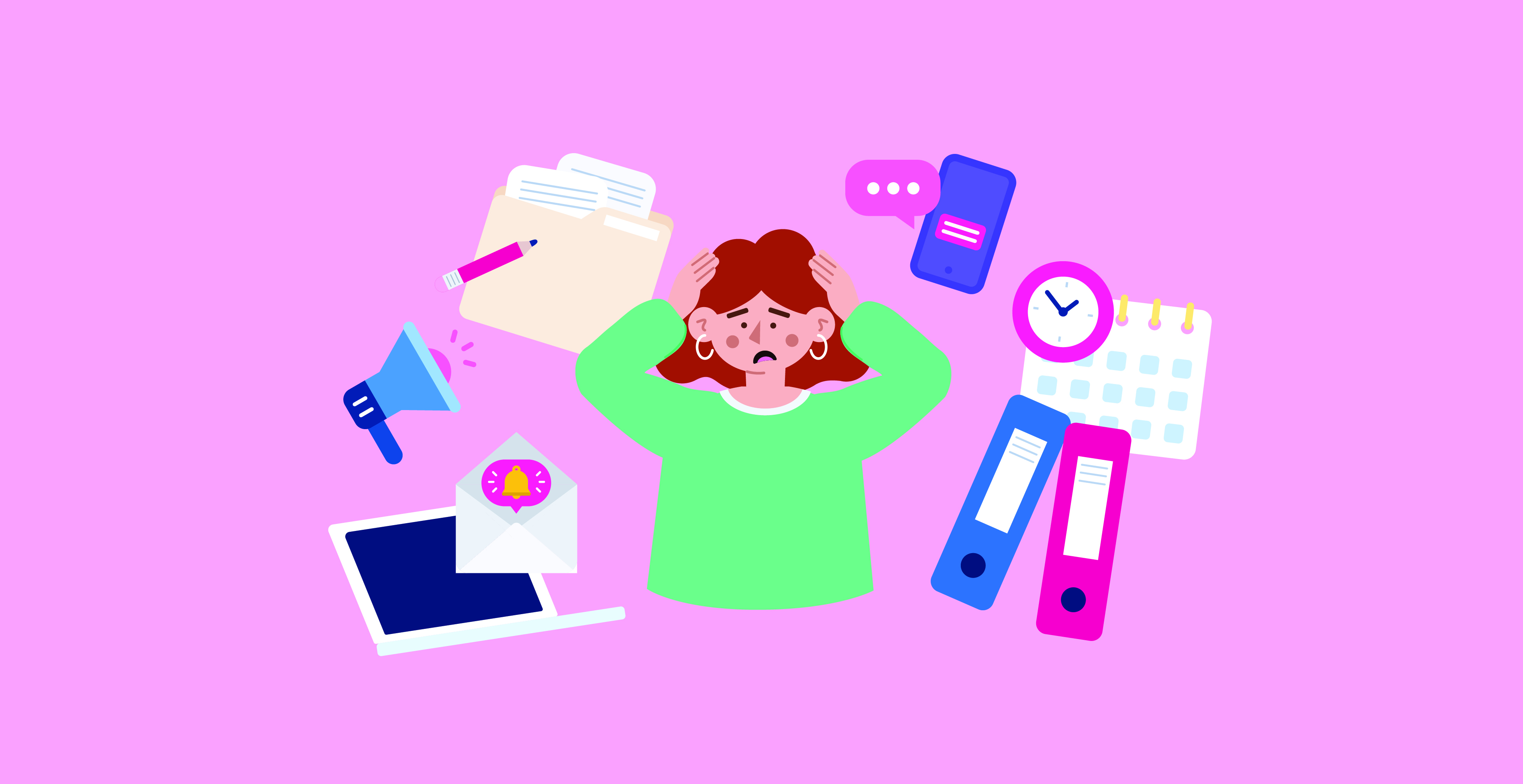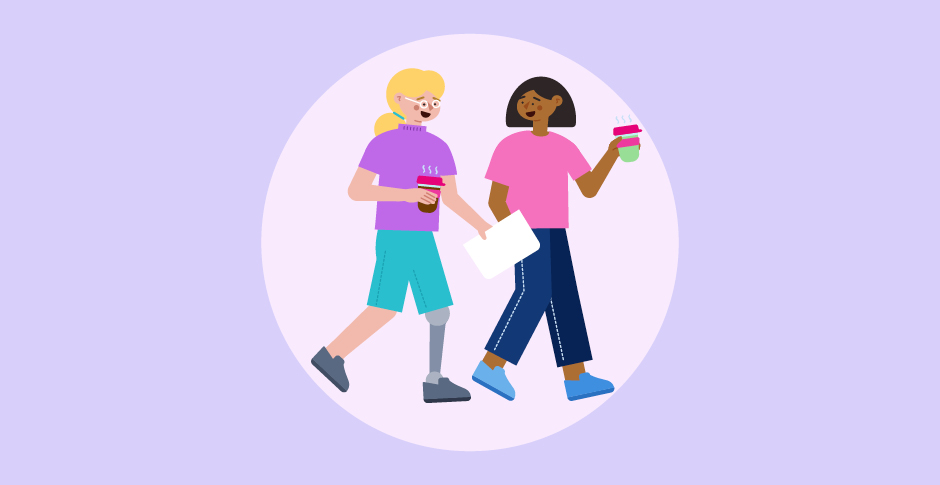Having a job that you enjoy and find fulfilling can have a hugely positive impact on your life. On the other hand, if you dread going to work, you’re constantly stressed and feel you have little support, your job can take a huge mental toll.
According to research conducted on behalf of SEEK, one in three Kiwis have taken time off for mental health reasons. Plus, it appears the ongoing impact of COVID-19 is putting our mental health under even more pressure, with 39% saying they feel their mental health has been impacted by COVID-19.
Unfortunately, mental health is still a taboo topic in many workplaces.
So, what can you do if you are struggling with your own mental health? And what should you do if you think a colleague needs help?
Why is mental health important in the workplace?
A good work environment is empowering, it can help to give you a sense of purpose and keep you engaged and connected with others, says Patrice O’Brien, Chief Community Officer at Beyond Blue.
According to Beyond Blue, work can provide valuable benefits that have a positive impact on mental health, such as:
- improving quality of life and wellbeing;
- giving structure and routine to day-to-day life;
- contributing to a sense of meaning and purpose;
- promoting opportunities for social inclusion and support;
- providing financial security.
Should I tell my boss or colleagues about my mental health condition?
Awareness of mental health has increased hugely in the last few years. But unfortunately, the decision on whether to tell your boss or co-workers isn’t clear-cut, explains O’Brien.
“Our aspiration at Beyond Blue is that one day we live in a country where everyone can talk openly about a mental health condition in the same way that they would tell their employer if they broke their leg,” says O’Brien.
Interestingly, one in two Kiwis say that workplace relationships have become more important when compared to pre-COVID.
“Openness and trust between employees and managers appears to be improving all the time,” O’Brien says. “But we still have a way to go.”
If you’re currently employed:
There’s no definitive answer on this one, and it really does depend on your own circumstances and what would be best for you.
“Deciding whether to tell your employer or not is a really big decision,” says O’Brien.
“Often, a lot of it comes down to individuals’ relationships with their managers and how openly things are discussed in the workplace.”
While COVID-19 may make us feel some aspects of our working life are in a holding pattern, we shouldn’t let it deter us from tackling such an important issue.
You might decide to tell your employer if:
- you believe telling them about your mental health will be well received;
- your employer will make reasonable adjustments to support you in the workplace, such as reducing your work days or hours;
- your colleagues will be understanding, and telling them the facts will help avoid gossip and rumours.
On the other hand, you might choose not to tell your employer if:
- you’re worried about potential discrimination or reduced career opportunities;
- your mental health condition doesn’t affect your ability to do your job, and you don’t need any changes to your workload;
- you feel you have enough support outside the workplace and there isn’t much to gain by telling your boss.
If you’re currently searching for a job:
“For people who are looking for a job today it's even harder, because you don't have the visibility of what that workplace is like.”
A great way to try and get some insights is by researching the company online and asking questions at the interview stage about the workplace culture and the support services available to staff, O’Brien says.
“That will give you some clues around what kind of environment you might be going in to, and whether it is one where you might be able to be more open.”
If you want to get the inside scoop, try to do some networking and see if you can find someone who does or has worked at the organisation to help you get a better understanding. There are plenty of ways you can build and grow your network online.
How can I help a colleague?
“We often spend more time with our work colleagues than we do with our family and friends, so colleagues are in a really good position to pick up that someone doesn't seem to be themselves lately.”
It’s important to remember that if a colleague needs help, you don’t need to be their counsellor or to diagnose them, O’Brien says.
Instead, try to start a conversation if you notice signs that a colleague:
- doesn’t seem like themself;
- has fluctuating moods;
- is withdrawn or grumpy;
- isn’t as engaged in things;
- is forgetful or having trouble concentrating;
- isn’t performing well at work.
“If you notice those differences it can be worth saying to someone ‘Hey, I just noticed that you don't seem to have been yourself lately, is everything okay?’.”
Try to listen openly with genuine care and concern, and without judgement.
Importantly, with many of us working remotely now, there are different signs you can look out for that indicate all may not be well with colleagues. Notice how they appear in video calls – are they engaging less, or are their expressions different? And look out for changes in their communication style – if they’ve gone from emailing and messaging frequently to being much less responsive, that could be another sign.
How can I find out more about mental health at work?
If you’re looking to learn more about mental health, including advice on how to stay well or guidance on where you can go for more information or to seek help, visit the Mental Health Foundation of New Zealand.
Source: Independent research conducted by Nature of behalf of SEEK, interviewing 4000 Kiwis annually. Published November 2020.



